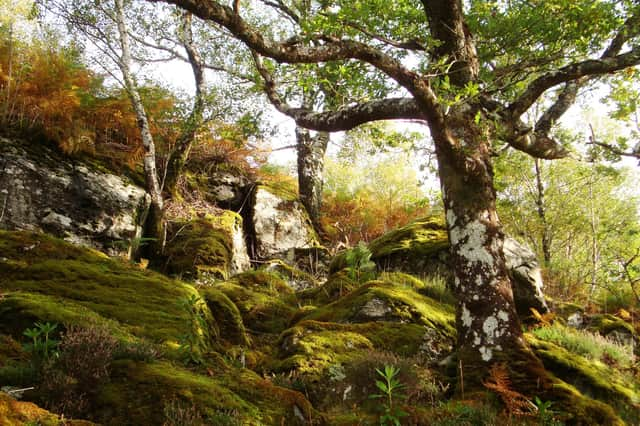Scotland's rainforest is in danger and must be saved – Scotsman comment


However, the shockingly poor state of our native woodland seems to contrast sharply with the good intentions of our politicians.
A new report by the Woodland Trust found that just seven per cent of native forests could be described as being in a good ecological condition, with “one of our most precious habitats” – Scotland’s rainforest – under particular threat.
Advertisement
Hide AdAdvertisement
Hide AdSaying this was “as important as tropical rainforest, but even rarer”, the report explained that the “sheer abundance and diversity of species” found there made it internationally important.
However, “surviving remnants are often small and isolated from each other, ‘over-mature’, showing little or no regeneration and impeded by over-grazing and invasive non-native species,” it warned.
Included on a list of the biggest threats was plantation forestry, with dense stands of evergreen conifers potentially creating year-round shade and needle litter that can crowd out any remnants of ancient woodland.
The danger of mass tree-planting targets is that it becomes a tick-box exercise that ignores the reality on the ground.
With the Woodland Trust warning that our native forests are “approaching crisis point”, we need to redouble efforts to save them. And, while we should increase tree planting, we should take care to do so in a way that helps rather than hinders the conservation of these beautiful and naturally poetic places.
A message from the Editor:
Thank you for reading this article. We're more reliant on your support than ever as the shift in consumer habits brought about by coronavirus impacts our advertisers.
If you haven't already, please consider supporting our trusted, fact-checked journalism by taking out a digital subscription.
Comments
Want to join the conversation? Please or to comment on this article.